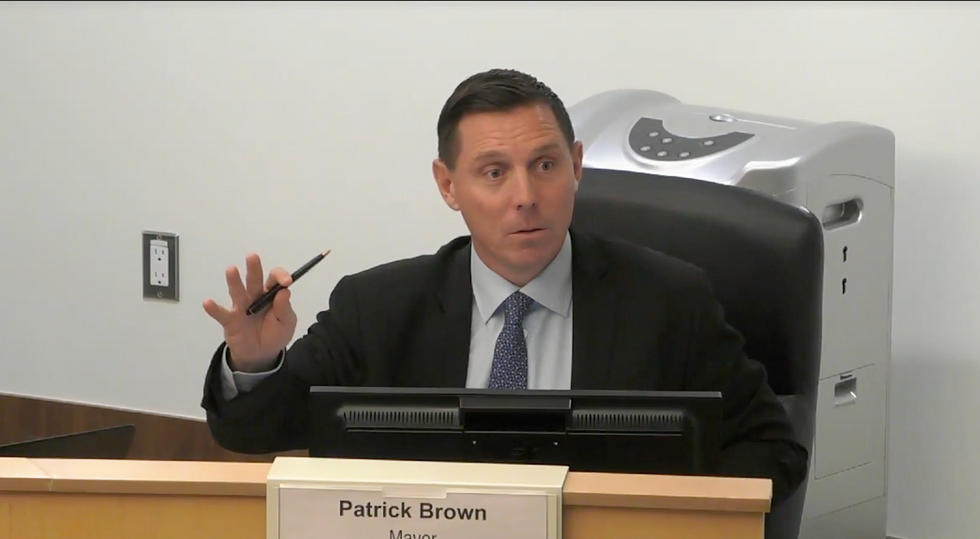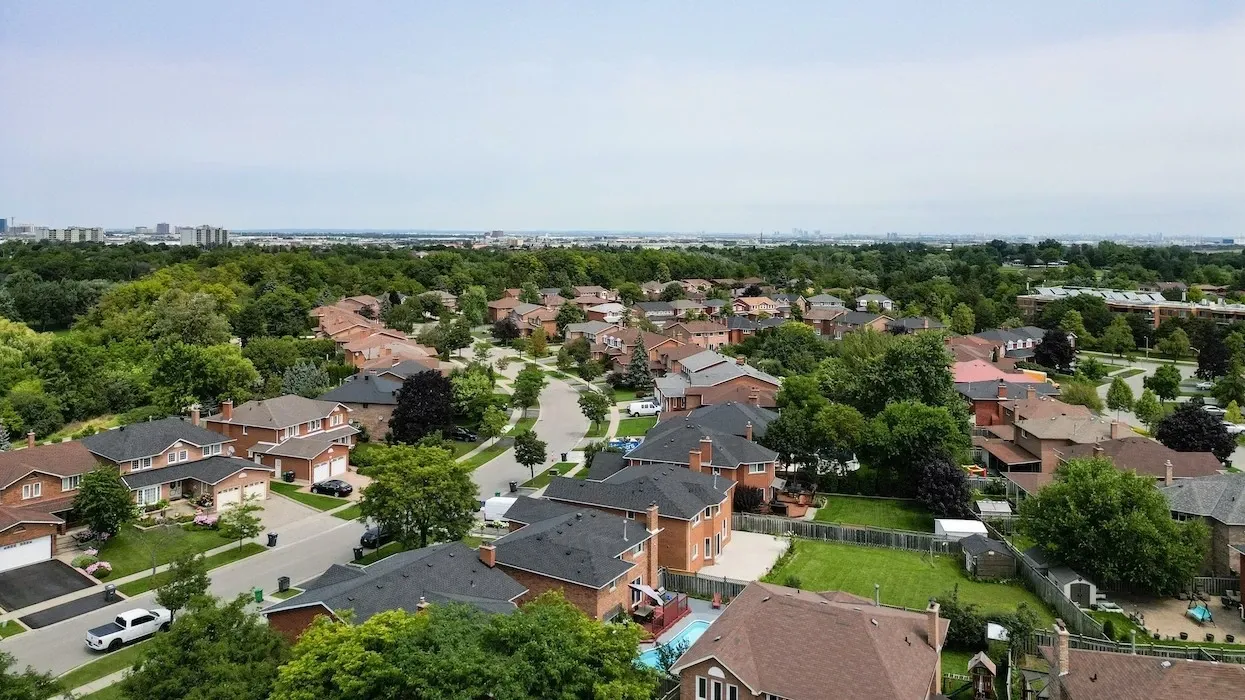A new program designed to help the City of Brampton crack down on illegal rental accommodations and hold all rental dwellings to a higher standard was abruptly paused last month following public outcry, but City staff say they intend to resume the program with new and clarified parameters in March.
Brampton Mayor Patrick Brown said at a recent Committee of Council meeting on January 31 that there are as many as 100,000 people living in illegal rental units across the city, and that the ultimate aim of the Residential Rental Licensing (RRL) pilot program is to get those dwelling legitimized.
“Our funding in Brampton is based on per-capita from the province and feds. The fact that we have 100,000 people potentially living in illegal units means we don’t get that money,” he added. “So it means the pressure on health care and the police is exacerbated because of this. If we want money for those services, we need to actually know who is living in these illegal units.”
Brown also cleared up what appears to be a common misconception about the program, emphasizing that the pilot will only affect illegal dwellings. “If you have a legal unit, this doesn't affect you. There's no fee, there's no process, you're automatic,” he said.
The mayor’s words didn’t do much to placate many Brampton landlords, who attended the January 31 meeting in droves. A handful had a chance to say their piece about the program (or at least, what they understand about the program) in front of City staff.
“What little we know of the RLL program… we have strong reservations in terms of how it was addressed, brought about without a town hall,” one landlord said. “Compliance has to be with onboarding. We need to believe in the initiative first.”
“There is no doubt there is a problem,” another landlord present at the meeting said. “The problems [councillors] are talking about are excessive garbage, illegal car parking, grown-out grass, broken eavestroughs and soffits — but the bylaws are already in place, so make them work. If they are not working, then figure out why they’re not working.
“This pilot project is not going to do anything but cause bigger problems. It will cause a shortage of [rental housing] because a lot of people will avoid renting their basement apartments to avoid harassment from the bylaw officers. So instead of putting together a new program, why not utilize the bylaws you have already?”

The RRL program was first unveiled to the public last spring. At the end of March, Brampton city councillors voted unanimously to approve the two-year pilot program, which was tabled by Councillor Rowena Santos (wards 1 and 5) and seconded by Councillor Dennis Keenan (wards 3 and 4) in response to an increase in rental units, garden suites, and lodging homes across the city.
“We have also received a significant increase in complaints related to property standards and parking, particularly in two-unit dwellings and illegal lodging houses. Enforcement faces challenges in addressing these complaints, such as difficulty in contacting property owners,” Councillor Santos said in an update on her website shortly after her motion was passed.
“This pilot program will help us ensure that rental properties in our city are held to a high standard of safety and maintenance and that landlords are held accountable for their properties. It is important to prioritize the safety and well-being of our residents, and this program is a step in the right direction towards achieving that goal.”
It didn’t take long for the City to get the program up and running. Less than a year later, on January 1, 2024, the pilot went into effect in wards 1, 3, 4, 5, and 7. (Those are the areas that have the highest concentration of service requests related to property standard violations, according to Santos’ motion.) For what turned out to be a short stint, landlords in those particular wards operating rental properties with up to four units were required to obtain a licence from the City at a cost of $300 per year.
The program also called for annual and random inspections, new enforcement procedures, steep fines for non-compliance, a demerit point system for landlords, and the creation of a registered landlord directory and a standardized “Landlord Code of Conduct.”
There was a good amount of uproar from landlords across the City of Brampton after the program was launched. Almost immediately, a petition began to circulate urging the City to cancel — or at the very least, halt — the RLL pilot. Critics of the program argue that it unfairly puts an additional financial burden on landlords and conflicts with rules related to overcrowding and right of entry outlined in the Residential Tenancy Act. The petition has amassed over 7,000 signatures to date.
Without getting into specifics, a City spokesperson told STOREYS in a statement last month that the RLL program was paused on January 25, 2024, in direct response to the “input from the community.” The spokesperson also said that the City is axing the program’s criminal record check criteria, but did not respond to STOREYS’ inquiry on why that particular criterion was removed.
In addition, it looks like the City will likely exempt condominium apartments and townhouses from the licensing requirement and will accept a property tax bill as proof of ownership. Meanwhile, to placate concerns that this means an extra expense for landlords, the City is considering a “full fee waiver” between March 31, 2024, to June 30, 2024. Originally, fees were supposed to be waived during the first three months of the pilot and discounted by 50% between April 1, 2024, and June 30, 2024.
“The City is also now working on streamlining the business licensing requirements for the registered ARUs, along with the requirements, reviewing them for inspections, improving the online application form to make it more user-friendly, and considering an incentive program for landlords in good standing, either a fee reduction or waiver,” added Mirella Palermo, Policy Planner with the City who also spoke at the January 31 Committee of Council meeting.
“Our next steps may be looking at opportunities for future engagement with residents and landlords, and also lifting the pause of the temporary intake of applications in six to eight weeks to address these items.”
In more certain terms, Councillor Santos said that the City is aiming to resume the RLL pilot next month, and are actively heeding the community’s input in the meantime.
- Brampton to Curb Illegal Rentals, Hold Landlords Accountable With New Pilot Program ›
- Brampton Launches Landlord Licensing Program To Crack Down On Illegal Rentals ›
- Brampton Pauses Landlord Licensing Program Just Weeks After Its Launch ›
- Brampton Looking At Steeper Fines For Rental Licensing Pilot ›
- City Of Brampton Relaunches Contentious Landlord Licensing Pilot ›
- Brampton Announces Fines Up To $1,200 For Unlicensed Landlords ›
- Brampton Announces Fee Waiver For Landlord Licensing Pilot ›





















